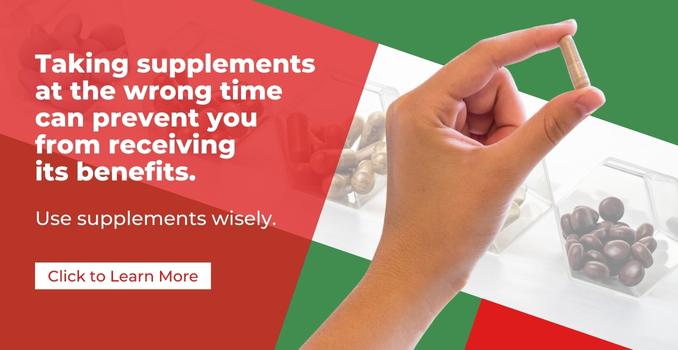Vitamin supplements are regularly recommended by physicians and health experts for optimal health. Because most people eat varied diets every day, it makes sense that it’s simply too difficult to get the exact recommended dosages of all vitamins and minerals every day. Because it is considered one of the hazards of daily life, is it possible to overdose on vitamin supplements?
Dietary supplements
- Fish Oil
- Calcium
- Magnesium
- Vitamin D
- B Vitamins
- Selenium
- Vitamin C
- Glucosamine and Chondroitin
- Probiotics.
Sounds great, right? What could go wrong with taking these healthy supplements?
But the million dollar question is: what happens if you take too much of any of these supplements? For example, what happens if, one day, you take double your daily supplement of vitamin C and you drink a lot of orange juice that’s been fortified with vitamin C? Are there risks?
As it turns out, there aren’t too many serious risks for most vitamins and minerals. First of all, most vitamins and minerals do not carry any risks with them at all — even if you “overdose.” The extra nutrients that your body does not need will simply be flushed out of your system and excreted when you go to the bathroom.
Furthermore, for the most part, when there are select serious risks with taking supplement too much, the likelihood of these risks being a real worry are slim. That’s because you would have to take a tremendous amount of these supplements for any detrimental damage to occur.
As an example, the maximum recommended dose of vitamin C is 2,000 mg, but most people take just 56 to 90 mg. And you would have to take a megadose of this vitamin to see negative symptoms, such as nausea, heartburn, diarrhea, and vomiting.
With that being said, a few select supplements could pose legitimate health issues if they’re taken in excess.
Supplements That Risk Overdose
The following vitamins have the potential to damage your health if taken in too high of doses:
- Calcium: Too much calcium in your diet can cause constipation, bloating, and gas. Most people need just 1,000 mg a day.
- Folic Acid: This supplement is important for pregnant women to prevent birth defects in babies. Folic acid does work, but only 1,000 micrograms are necessary per day. Any more, and you risk hiding the signs of a deficiency in B12, which can lead to permanent nerve damage.
- Vitamin D: If you exceed the recommended daily dosage of 4,000 IUs of vitamin D every day, you could be at risk for heart issues.
Sounds Risky! Should You Stop Taking Supplements Altogether?
The optimal way to intake all of the vitamins and minerals your body needs is always going to be through your diet. But the fact of the matter is, that everyone lives a busy life. Unless you put your diet first and foremost every day, you’re probably going to drop the ball somewhere along the line.
For this reason, experts agree that it’s better to be as safe as possible by taking dietary supplements. From the warnings above, this might scare some people, but it really shouldn’t be too much of a worry. Just do the following to ensure you never have to worry about supplement overdose:
- Always consult your doctor before beginning to take any type of supplement.
- Be sure to check the daily value labels; you may be overdoing your dosage if you already take a multivitamin.
- Watch out for cereals, juices, and other foods in your diet that may be fortified with vitamins and minerals. These foods are often fortified with omega-3 fats, probiotics, vitamin D, or vitamin C.
- Remember that there’s no real advantage to taking extra vitamins and minerals. Take what is recommended and no more.
- By doing all of these things, you’ll be sure to get the right amount of nutrients in your diet without an overdose of vitamin supplements

Rick Kaselj MS, is a leading kinesiologist and injury specialist as well as co-creator of the best-selling Unlock Your Hip Flexors program. Rick creates exercise programs that help people heal injuries and eliminate pain, so they can go back to living a full, active, healthy life.






